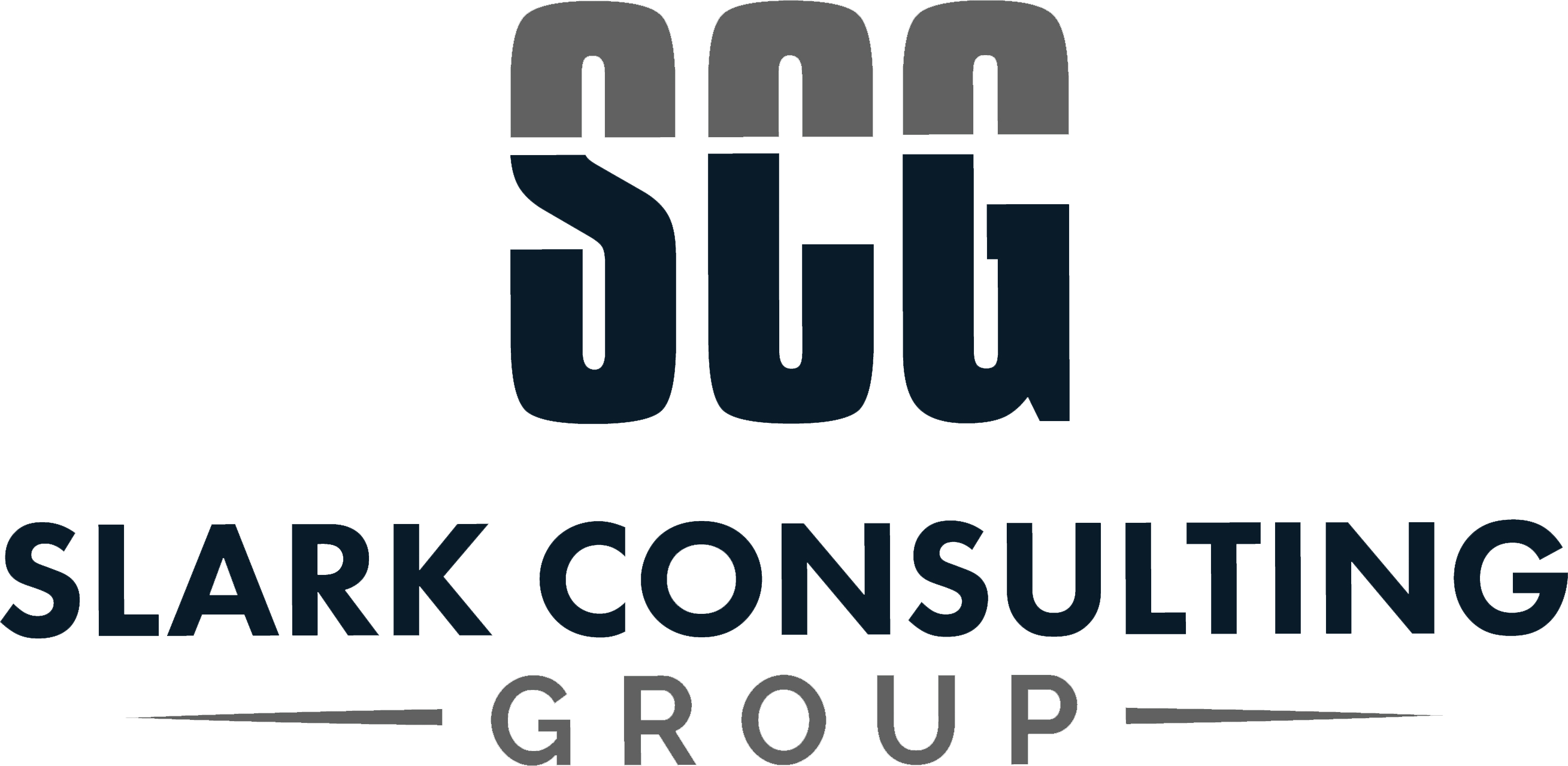As Bob Dylan sings, “The times they are a-changin’.” With the massive changes in employee management, it’s crucial to reevaluate traditional practices like year-end performance reviews. While these reviews have long been a staple of the corporate world, their effectiveness in motivating employees is increasingly under scrutiny. According to a Gallup poll, a mere 14% of employees strongly agree that performance reviews inspire them to improve, highlighting a need for change.
Some forward-thinking companies have taken bold steps to revamp or eliminate the conventional performance review process in recent years. Here are some notable examples:
Microsoft: A decade ago, Microsoft abandoned its version of stack ranking, a practice that ranked every employee. Experts argue that this approach damages morale and fosters a toxic work culture.
Netflix: With around 10,000 employees, Netflix has opted for informal, ongoing conversations throughout the year rather than the traditional year-end review. This approach fosters a more open and dynamic feedback culture.
Google: In May of the previous year, Google reduced the frequency of performance reviews from twice to once a year, adapting to its workforce’s changing needs and preferences.
Apple: Apple has taken a bold step by altogether dropping performance reviews, recognizing that traditional review processes may not align with their employee engagement and development goals.
It’s clear that employees value feedback, but it must be meaningful and constructive. A Fortune analysis of two years of performance reviews for 13,000 workers found that low-quality feedback significantly drives employee turnover. A staggering 61% of employees planning to stay within their organization feel they understand their manager’s expectations, while only 21% of those looking to leave share this sentiment. “Insufficient feedback” was cited by 17% of respondents as the primary reason for seeking alternative job opportunities.
As business owners, it’s essential to recognize the shifting dynamics of performance management. Consider revising your approach to employee feedback and development, moving away from outdated practices that may hinder rather than boost motivation and productivity. Embrace ongoing, meaningful conversations with your employees to provide the guidance and support they need to thrive in your organization.
Adapting to these changing paradigms will improve your company’s retention rates and enhance employee satisfaction and performance. Effective feedback and development strategies are vital to attracting and retaining top talent in the modern workplace.
